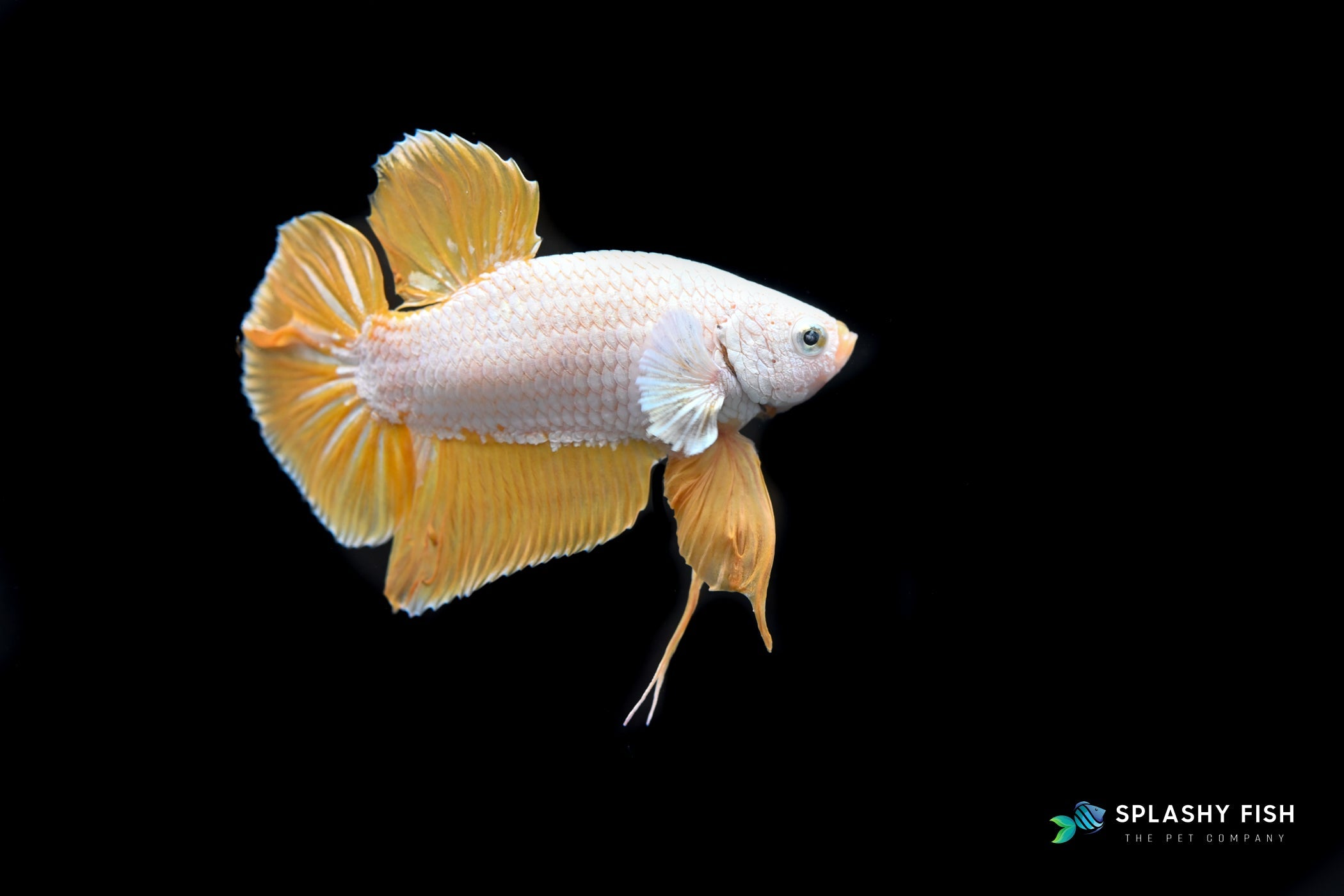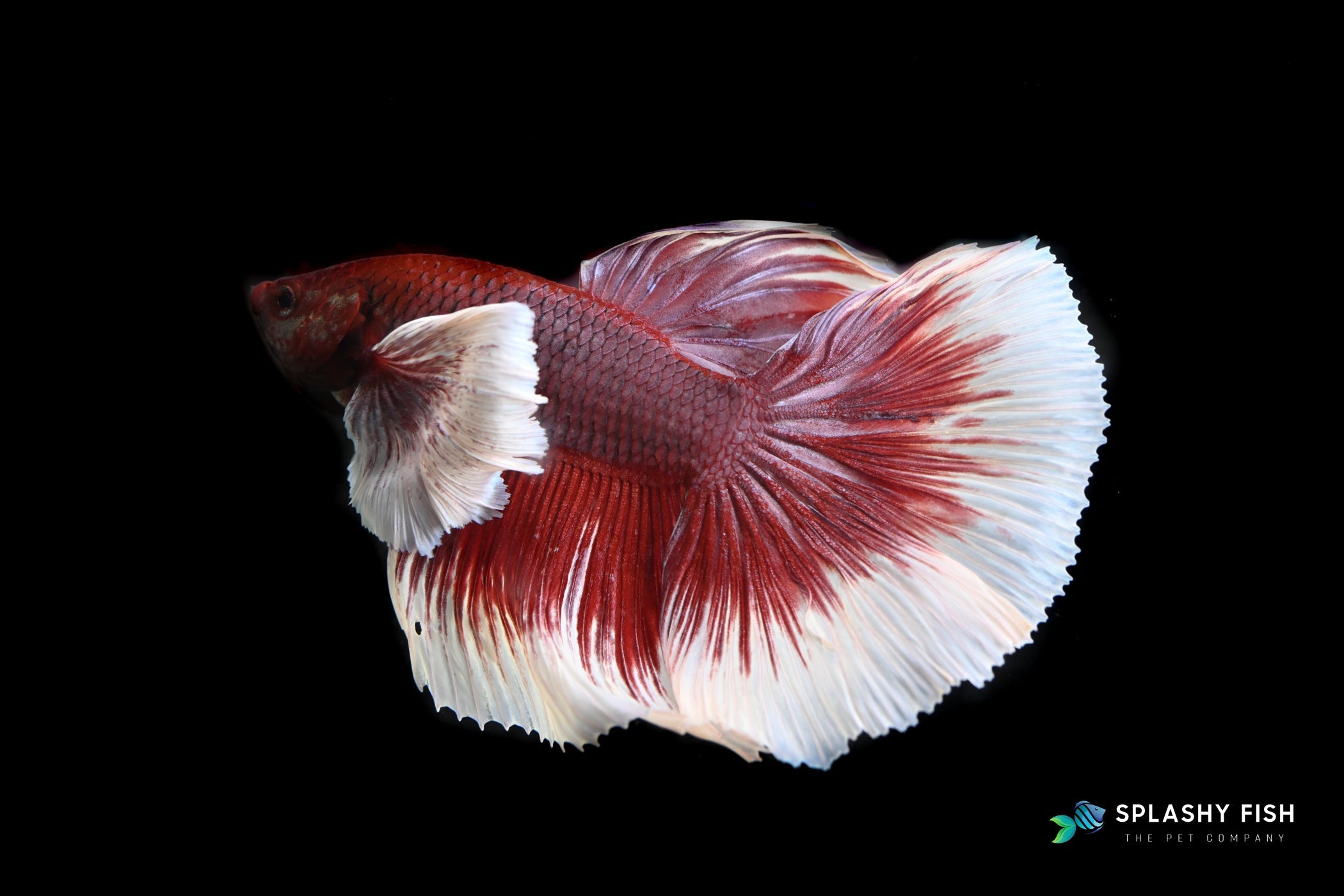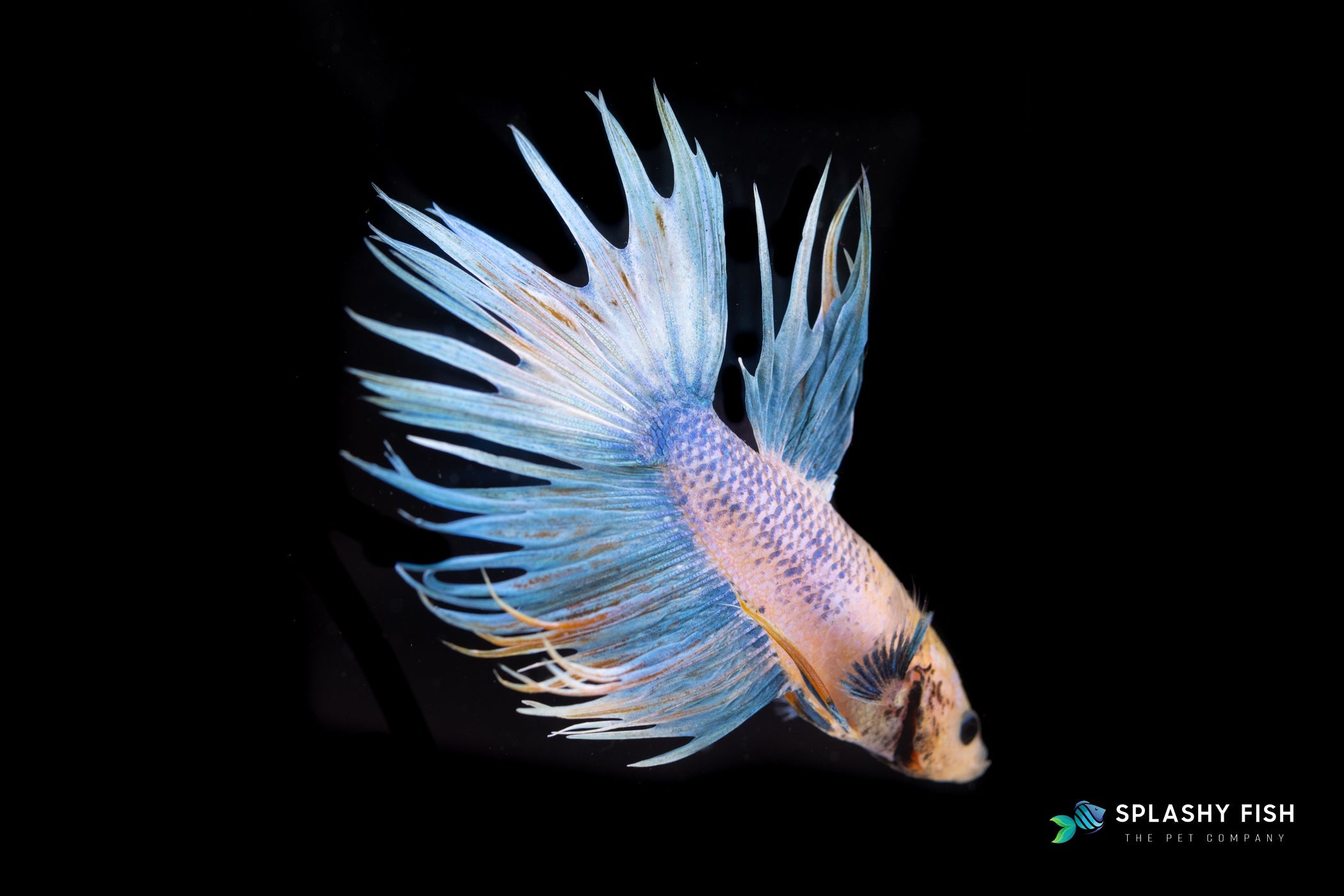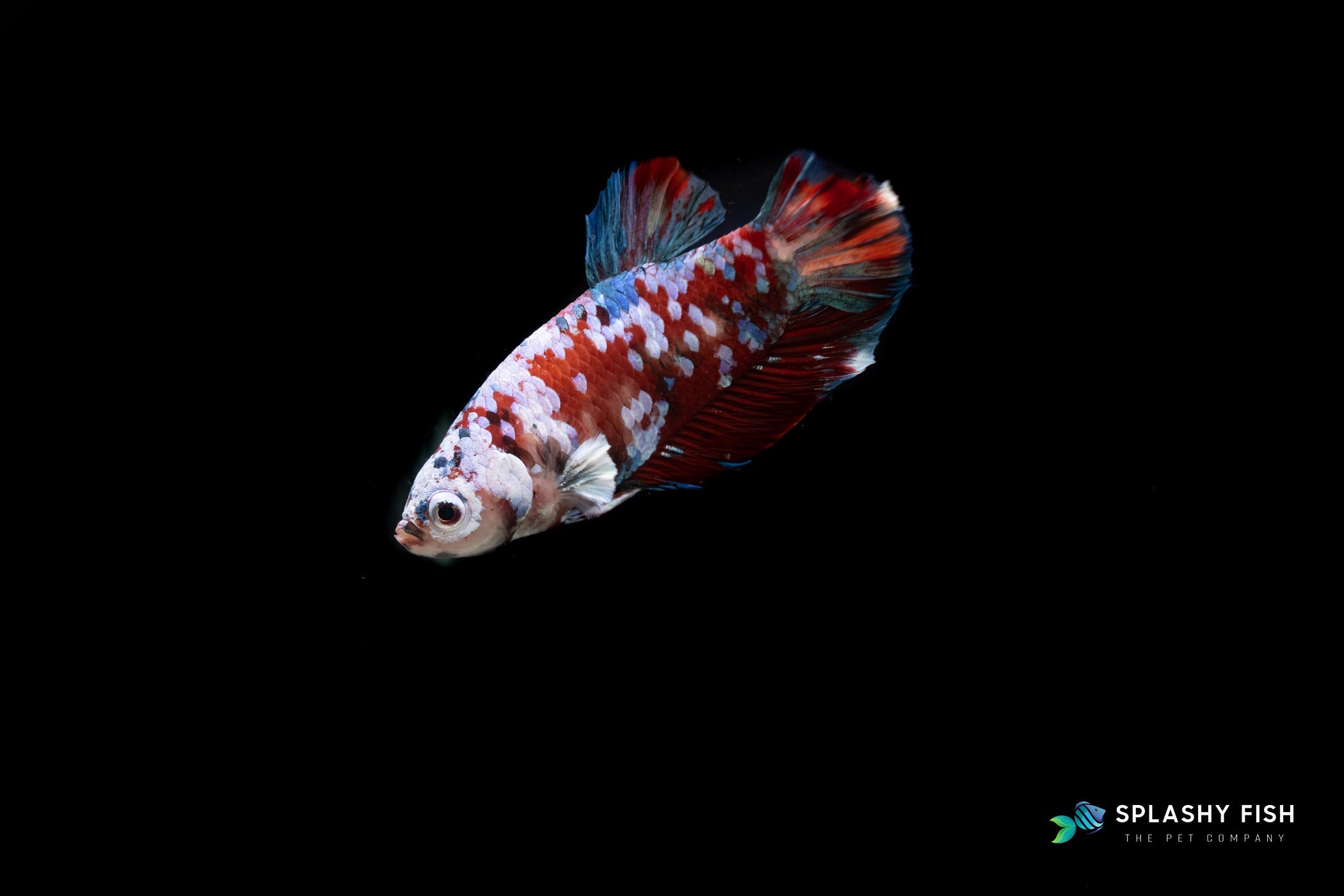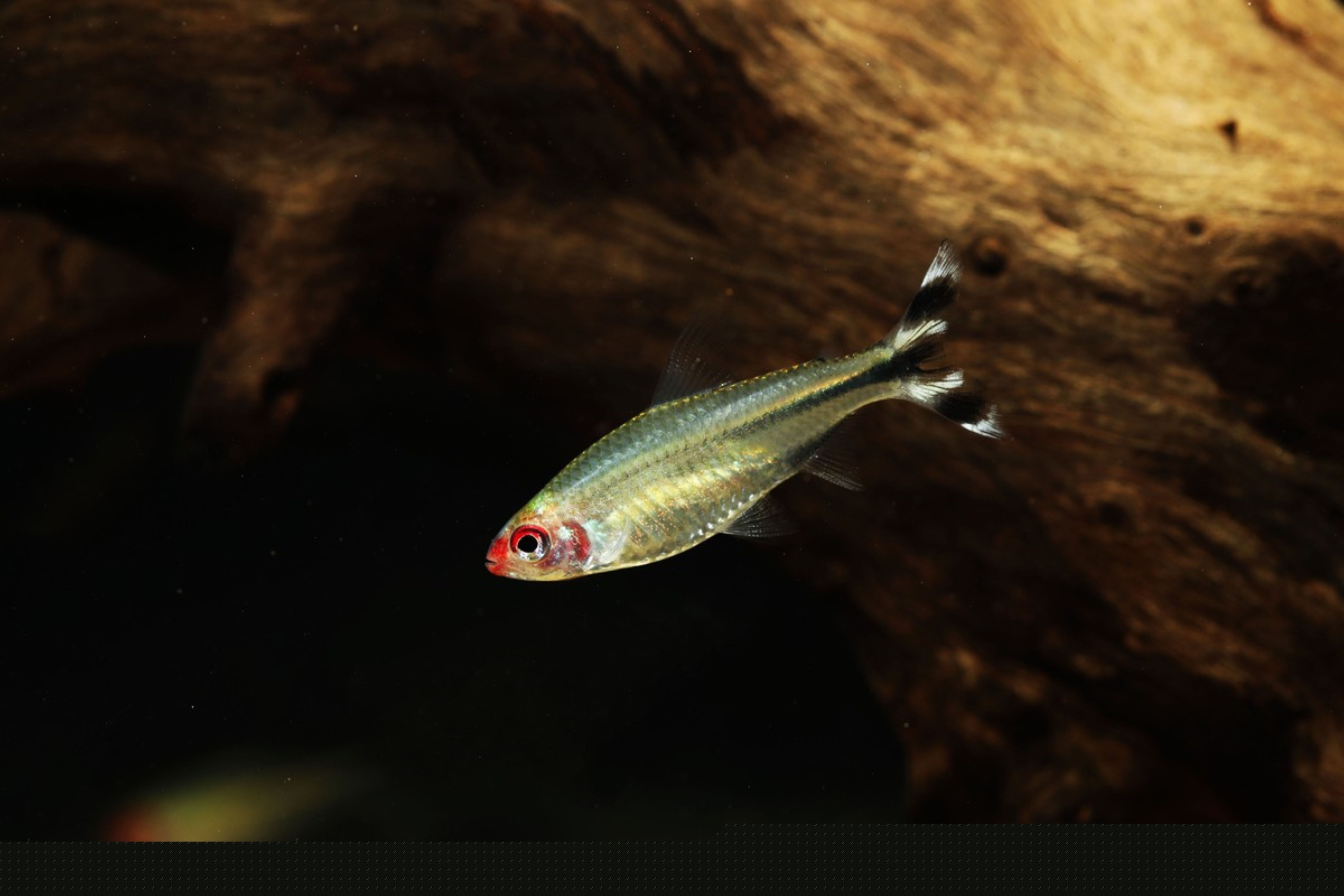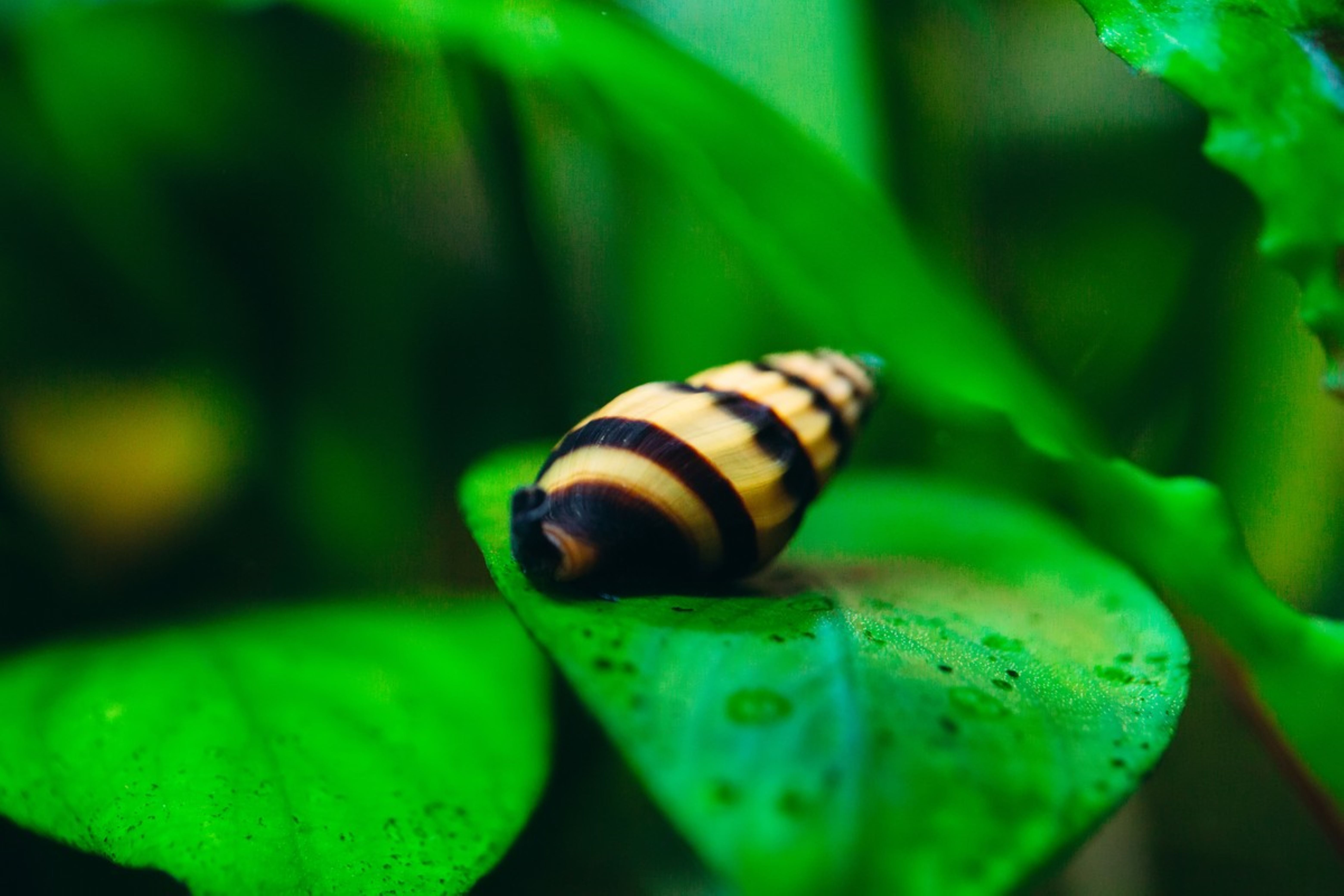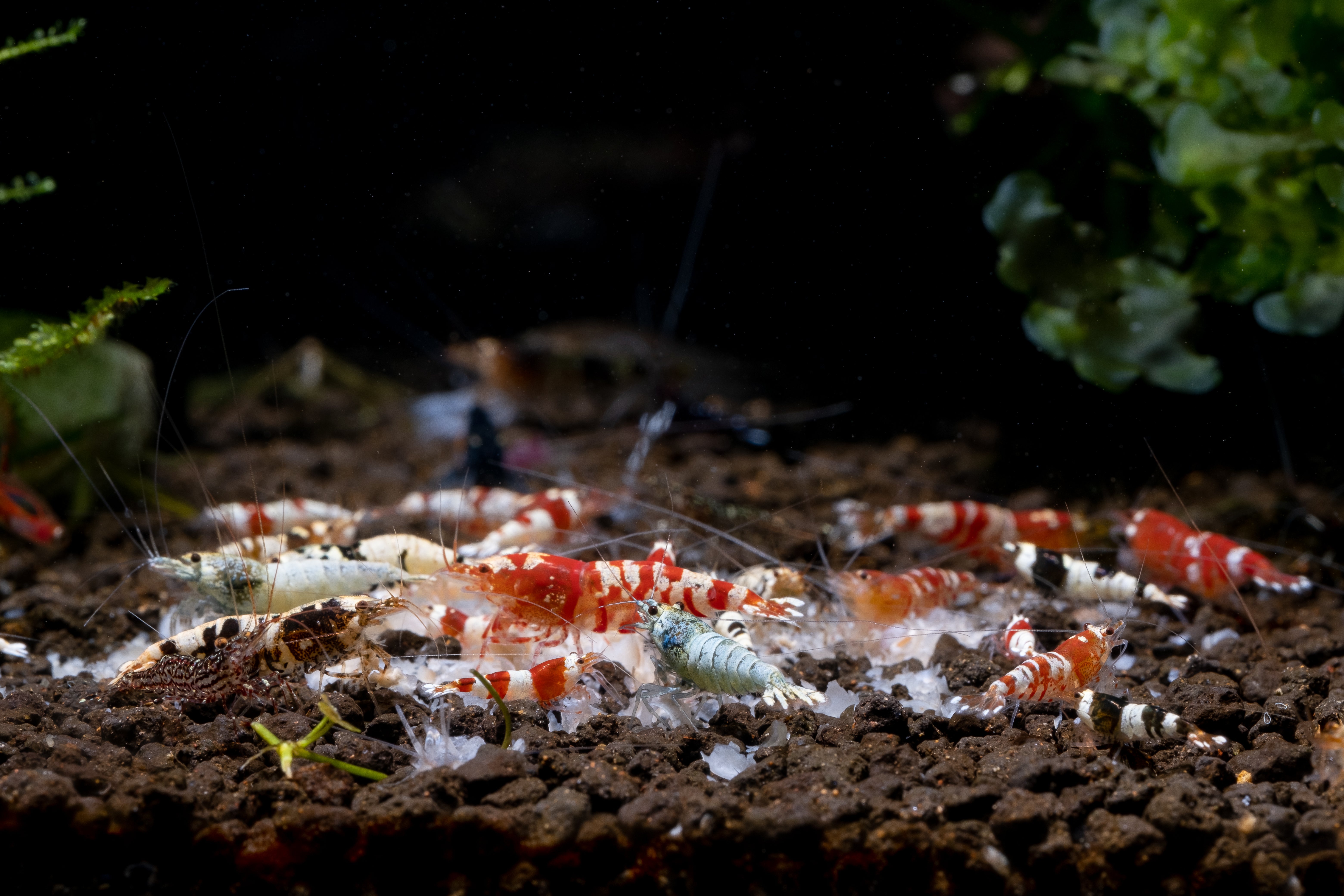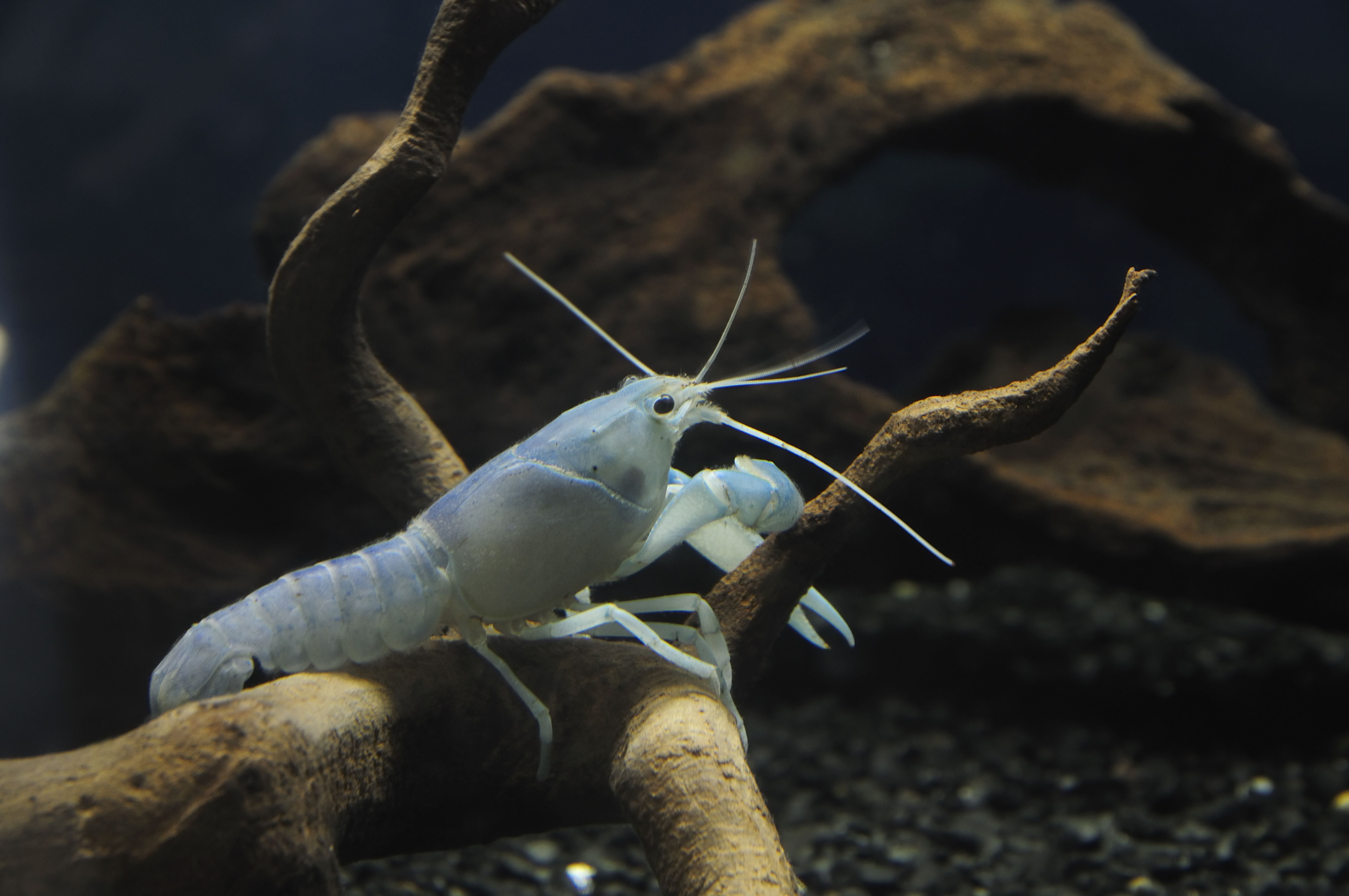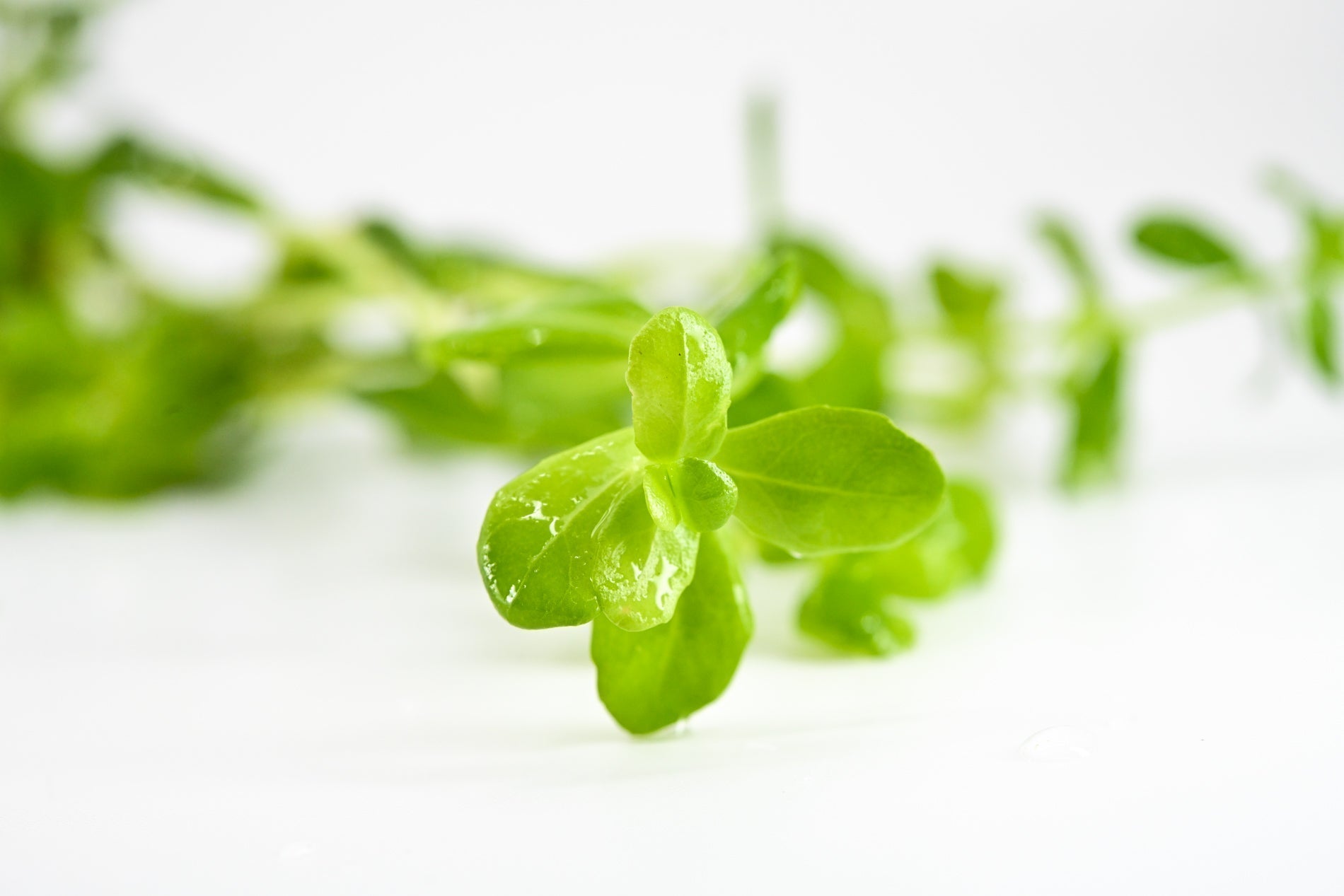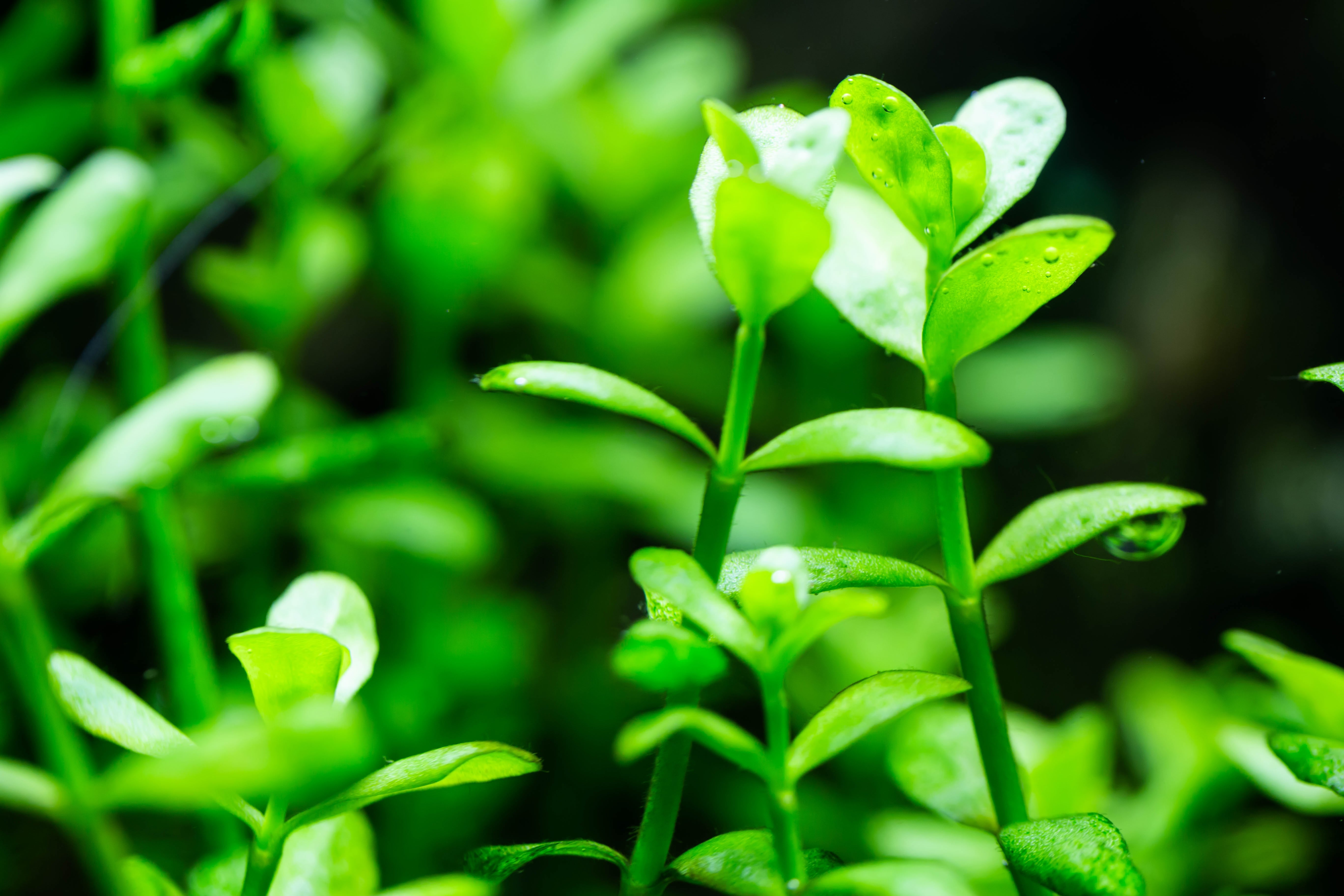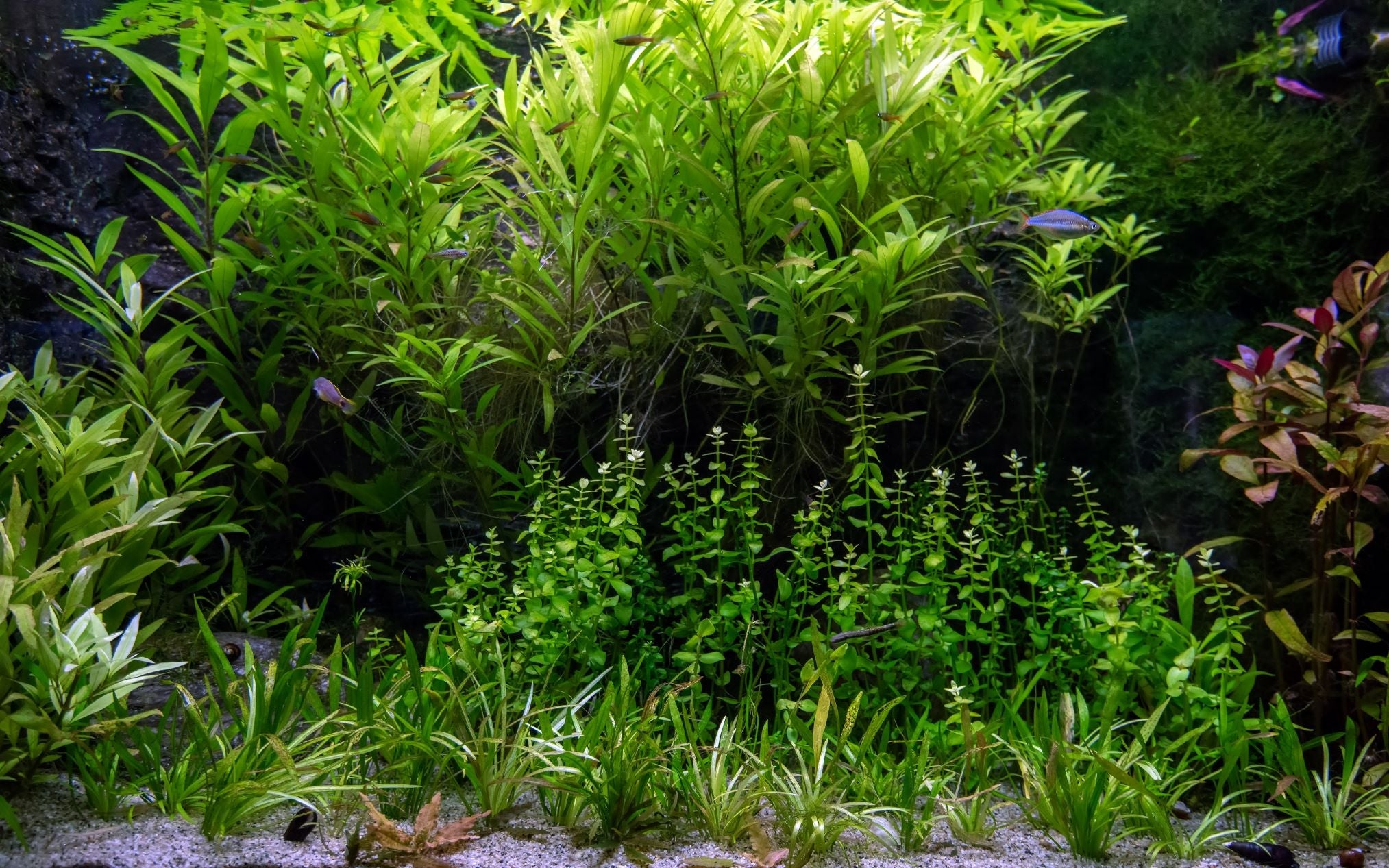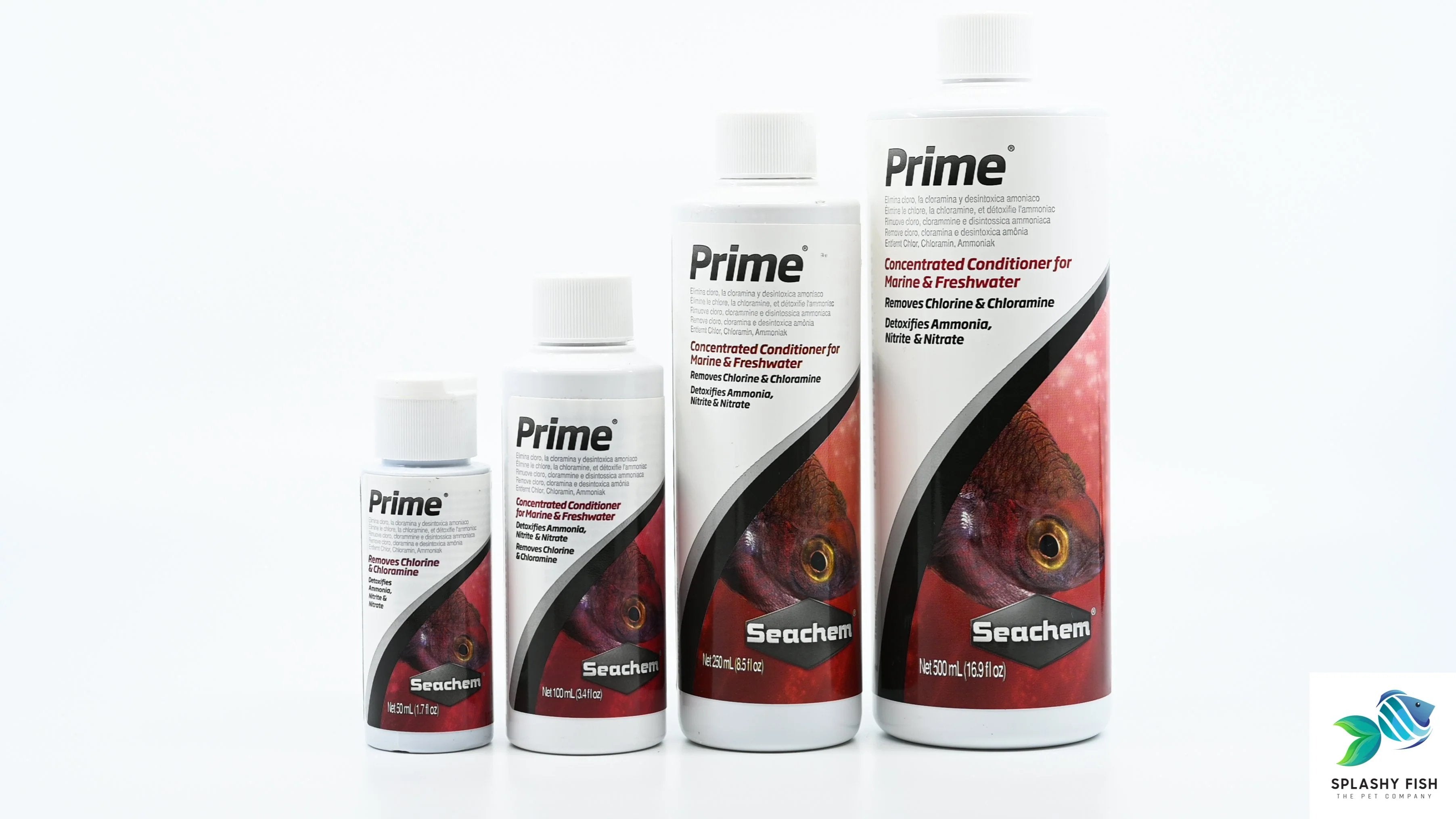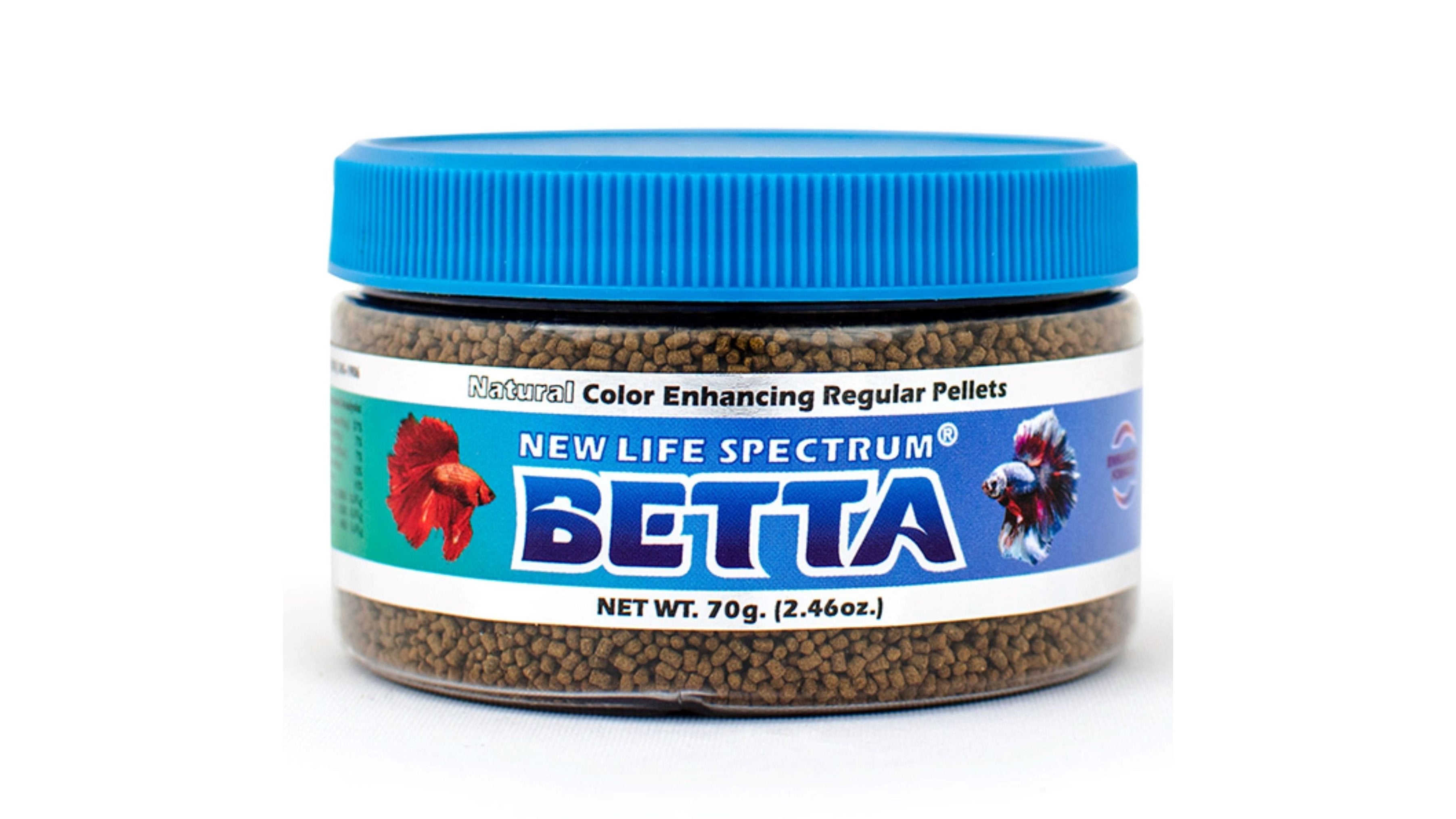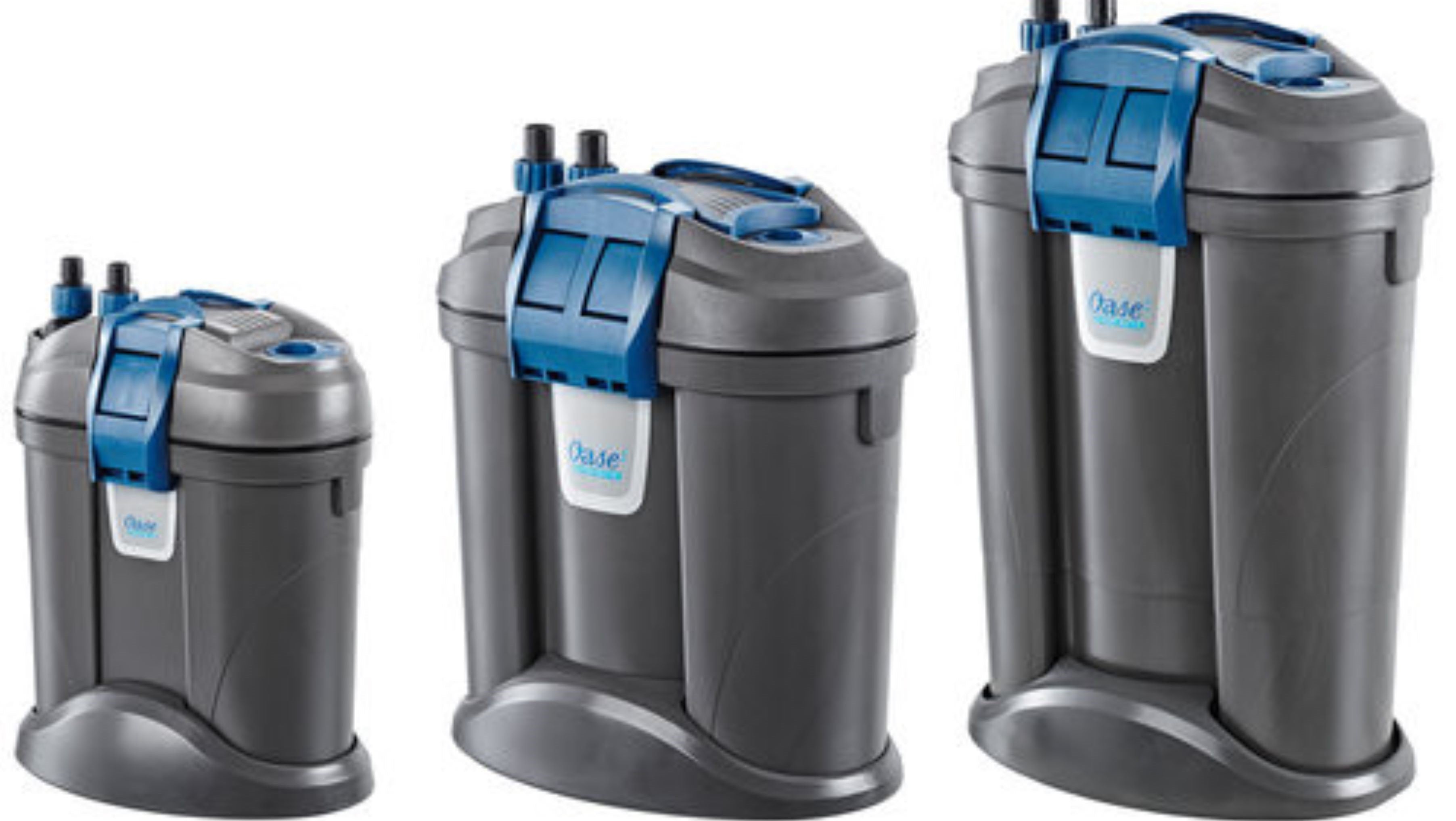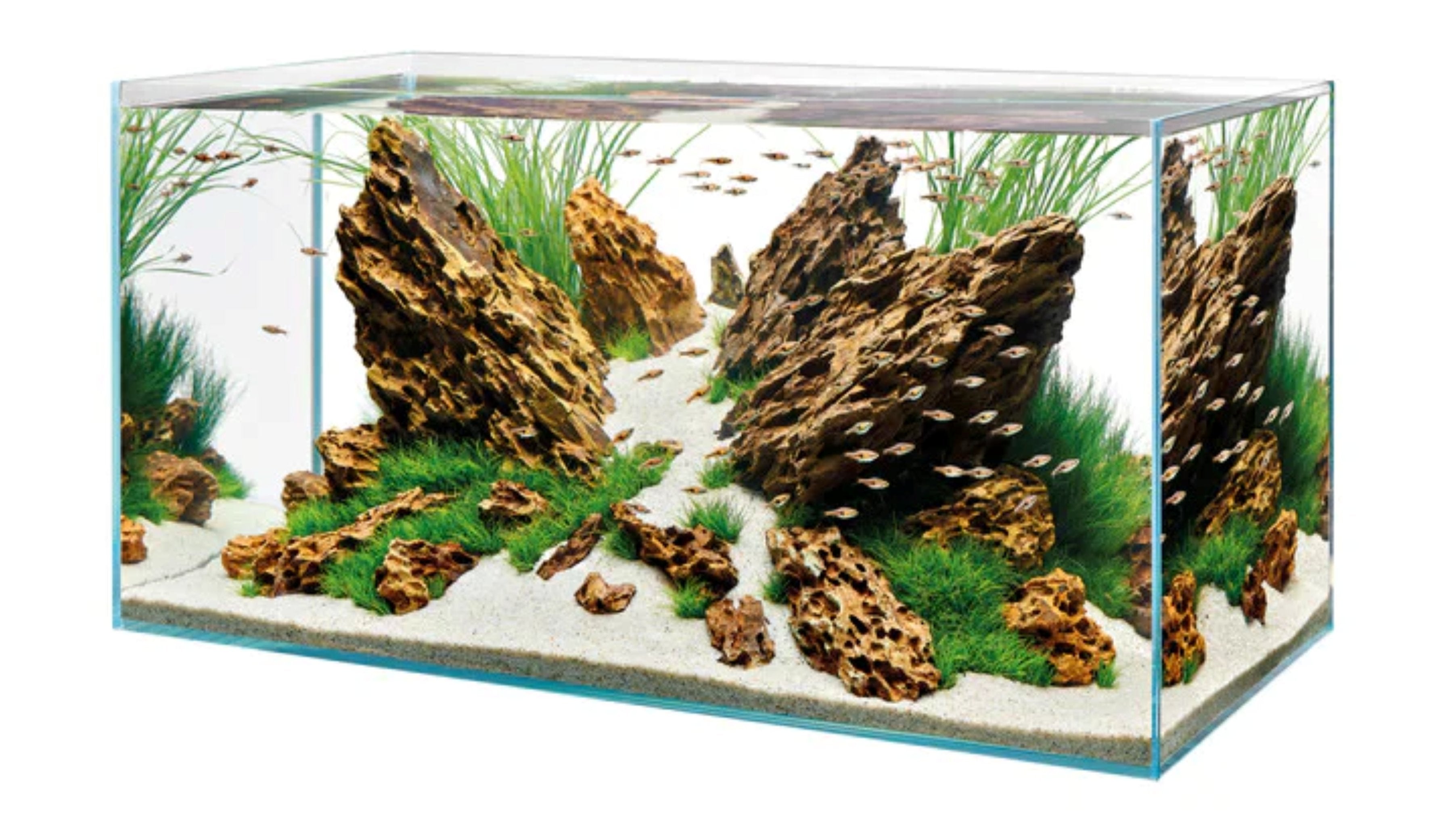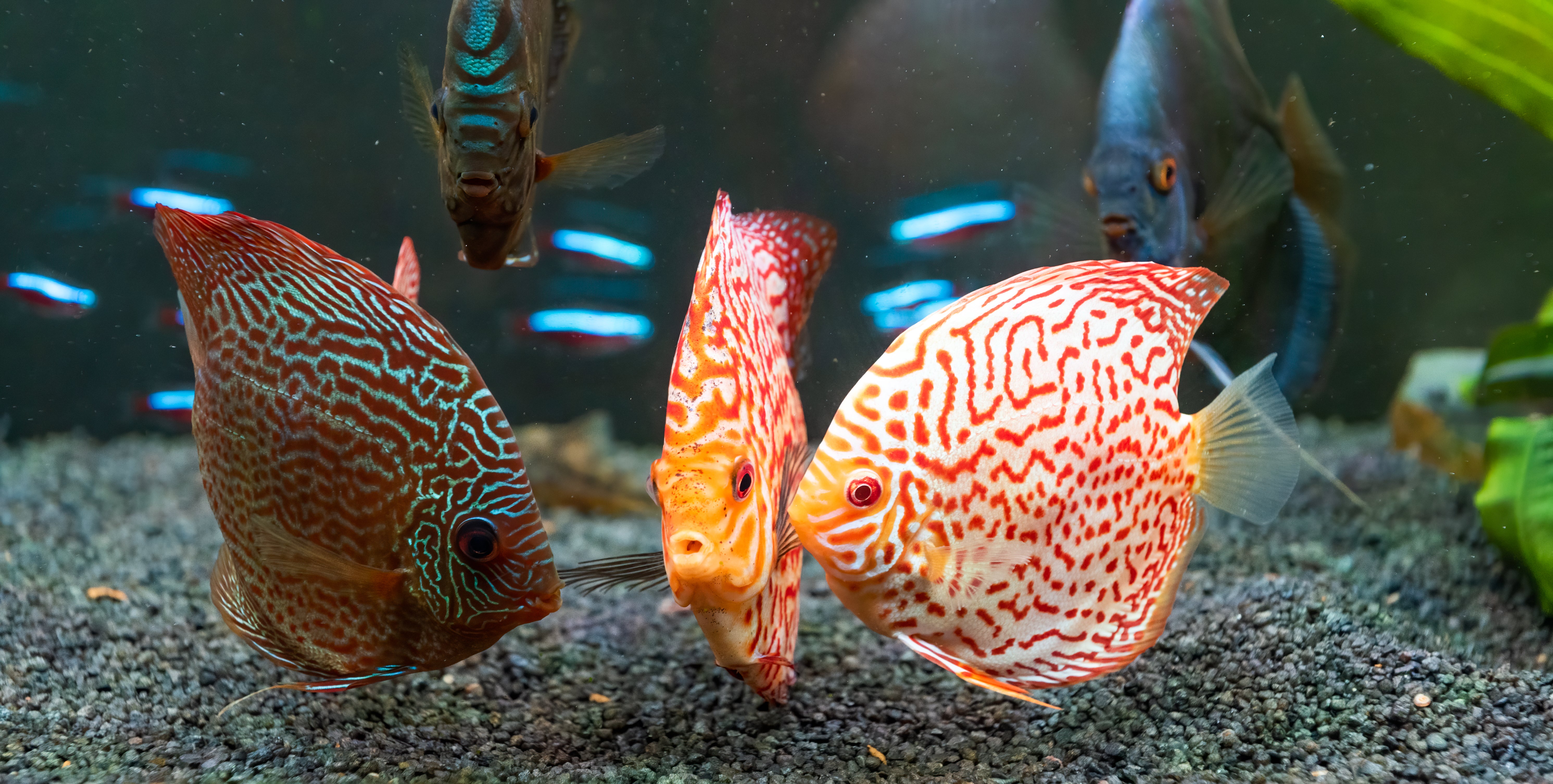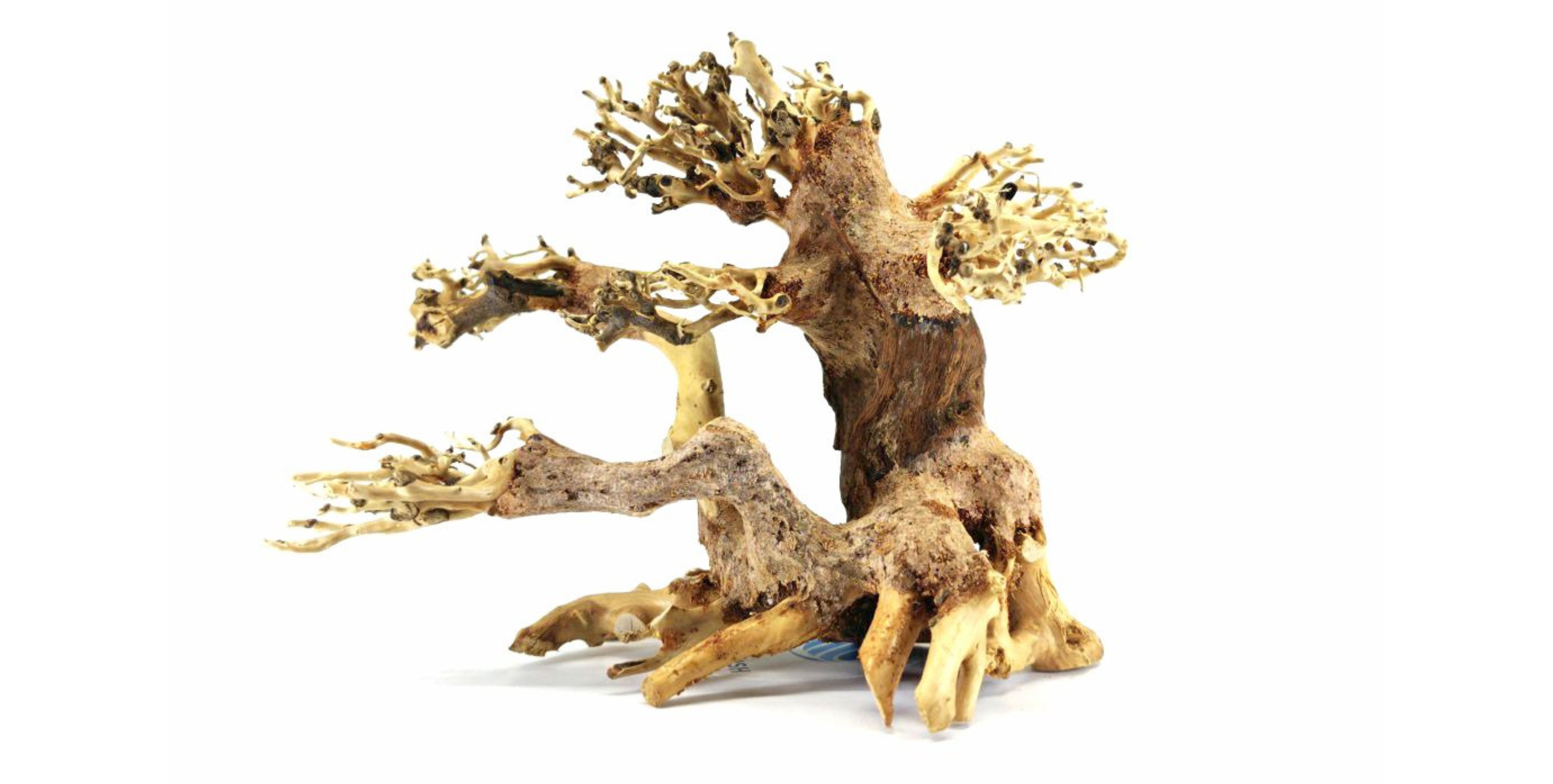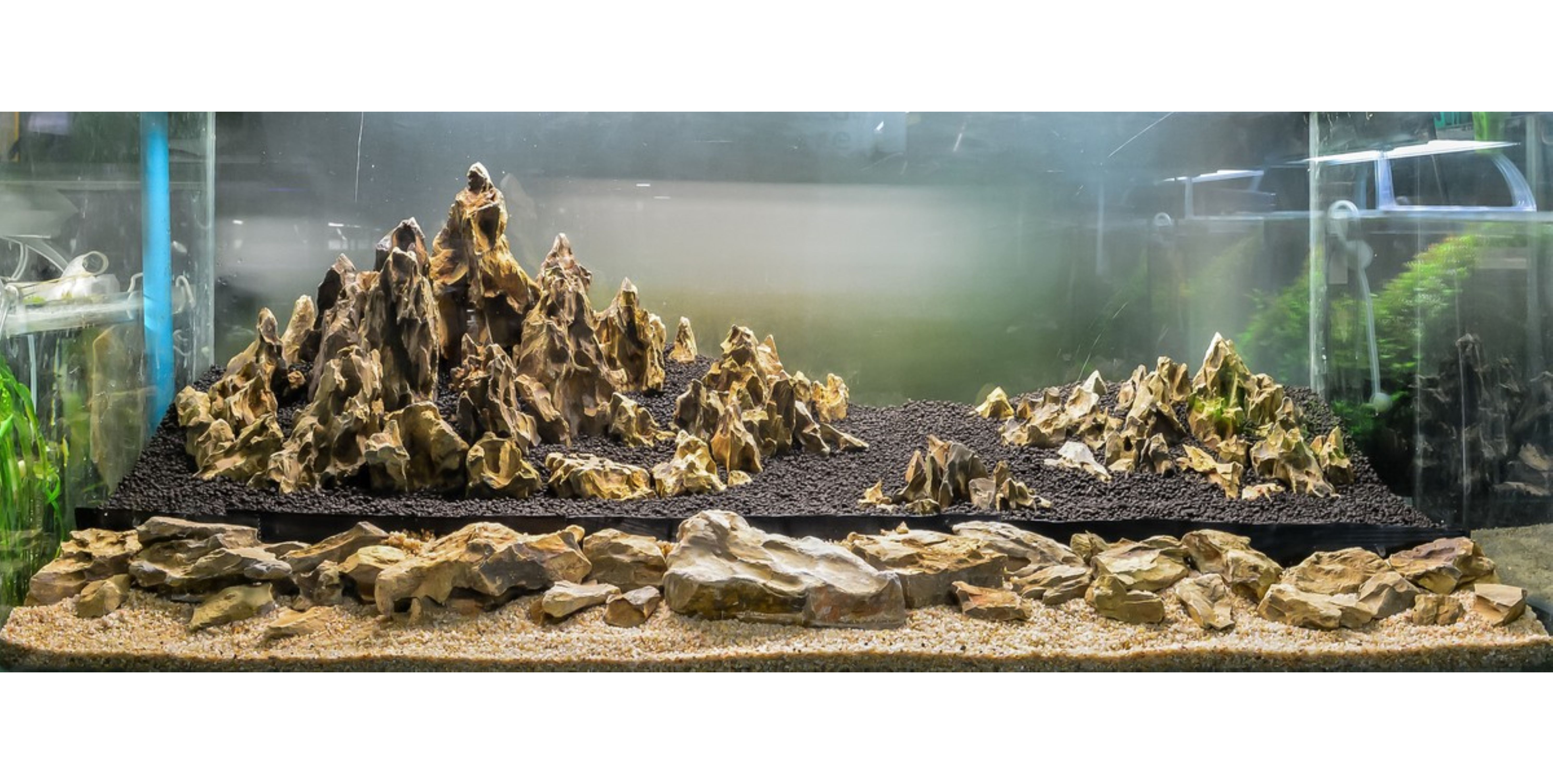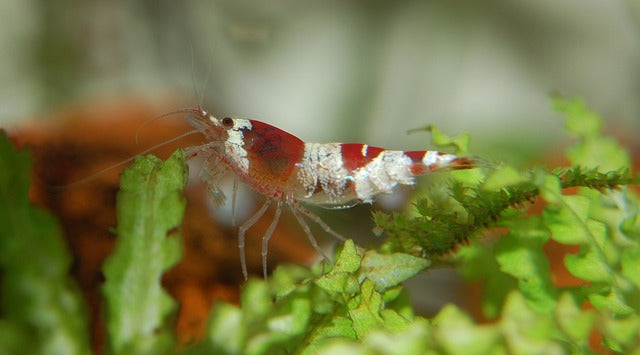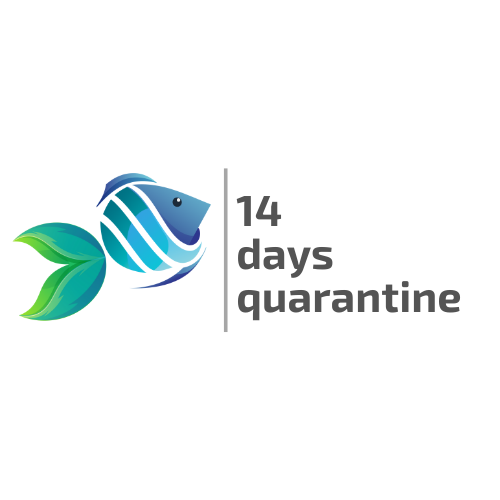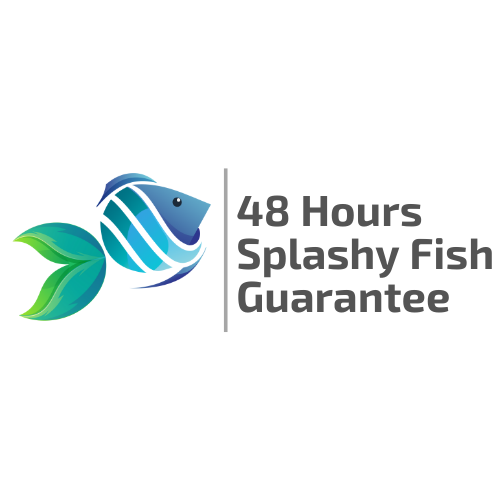Table of Contents
Freshwater shrimp are fascinating creatures that can make a great addition to any aquarium or aquaponics setup. However, like any other living organism, they can experience stress, which can lead to a range of health problems and even death. Here are some effective ways to reduce stress in freshwater shrimp and help them thrive in their environment:
Maintain Good Water Quality
The most crucial factor in keeping freshwater shrimp aquarium healthy is maintaining good water quality. Shrimp are very sensitive to changes in pH, ammonia, nitrite, and nitrate levels. These parameters should be monitored regularly, and water changes should be performed as needed to keep them in the appropriate range.
One way to maintain good water quality is by using a good filtration system. A filter helps to remove waste and debris from the water, which can cause harmful spikes in ammonia and nitrite levels. It's essential to choose a filter that is appropriate for the size of your tank and the number of shrimp you have.
Provide Adequate Hiding Places
Freshwater shrimp for aquariums are prey animals, and they need plenty of hiding places to feel safe and secure. You can provide hiding places by adding plants, rocks, and other decorations to your tank. These items not only provide hiding places but also help to create a more natural environment for your shrimp.
It's vital to choose hiding places that are appropriate for the size of your shrimp. If the hiding place is too small, the shrimp may become trapped and stressed. If it's too large, the shrimp may not feel secure. You can experiment with different sizes and types of decorations to see what your shrimp prefer.
Avoid Overcrowding
Overcrowding is a common problem in freshwater shrimp tanks. Too many shrimp in a small space can lead to competition for resources, aggression, and stress. It's important to know the maximum number of shrimp that your tank can support and to avoid exceeding that number.
To determine the maximum number of shrimp for your tank, you can use a general rule of thumb of one shrimp per gallon of water. However, this can vary depending on the species of shrimp and the specific conditions of your tank. It's important to do your research and consult with experts to determine the appropriate stocking level for your tank.
Provide a Varied Diet
Shrimp are omnivores, and they need a varied diet to stay healthy. You can provide a balanced diet by feeding them a combination of commercial shrimp food, algae, and other vegetables. You can also supplement their diet with live or frozen foods, such as brine shrimp or bloodworms.
It's important not to overfeed your shrimp, as this can lead to poor water quality and health problems. You should only feed your shrimp what they can consume in a few minutes and remove any uneaten food from the tank.
Avoid Sudden Changes in the Environment
Shrimp are very sensitive to sudden changes in their environment, such as changes in temperature or water chemistry. These changes can cause stress and even death. It's important to make any changes to the environment slowly and gradually.
For example, if you need to change the water temperature, you should do so slowly over a period of several hours or even days, depending on the size of the temperature change. You should also test the water regularly after making any changes to ensure that the parameters are within the appropriate range.
Conclusion
Keeping freshwater shrimp healthy and stress-free requires attention to several important factors, including water quality, hiding places, stocking levels, diet, and environmental changes. By following the tips outlined in this article, you can help your shrimp thrive in their environment and enjoy their fascinating behaviors for years to come. Remember, a healthy shrimp is a happy shrimp!
For the best freshwater shrimp, turn to Splashy Fish. We strive to provide you the highest quality, the most sustainable live freshwater fish, freshwater shrimp, aquatic plants, premium fish food, the highest quality aquarium supply, and fish supplies to keep your friends healthy. Shop today.


